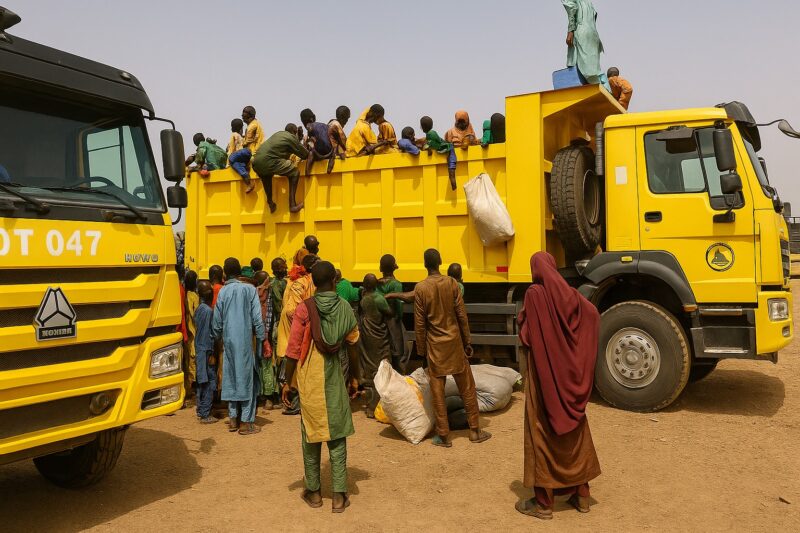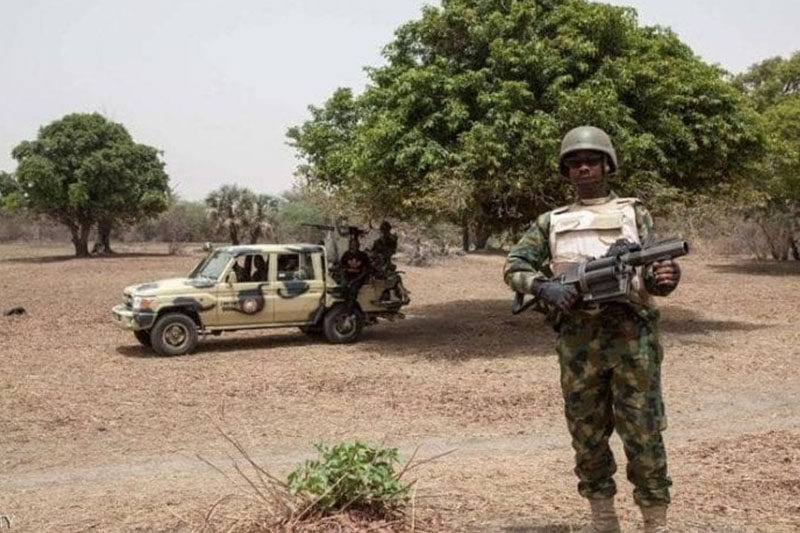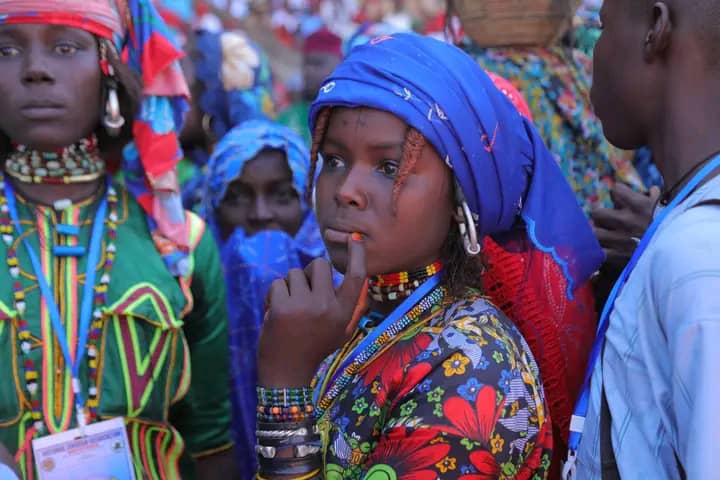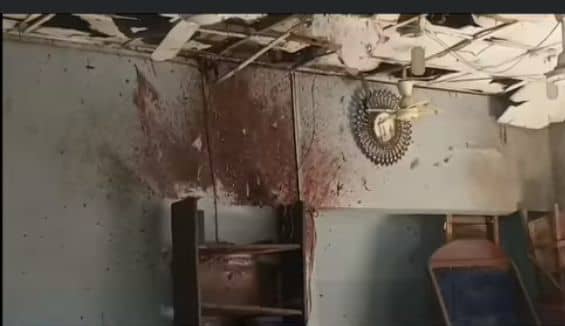As part of Borno State’s ongoing Reconstruction, Rehabilitation, and Resettlement (RRR) programme aimed at rebuilding conflict-affected communities across the state, the government has resettled at least 3,000 displaced persons living in camps at Bama Local Government Area to two villages, Abbaram and Goniri between November 8 and 9, 2025.
According to the United Nations Office for the Coordination of Humanitarian Affairs (UNOCHA), Borno State currently hosts about 1.7 million internally displaced persons (IDPs) and over 880,000 returnees, making it the most affected state in Nigeria’s 16-year insurgency crisis.
Committee to Oversee the Resettlement
A Special Committee for the Resettlement of Abbaram and Goniri Ward Villages in Bama LGA was established to oversee the process. The committee is chaired by Rt. Hon. Engr. Bukar Talba, FNSE, Member of the House of Representatives representing Marte, Monguno, and Nganzai Federal Constituency. Other members include the Director General of the Borno State Emergency Management Agency (BOSEMA), Alhaji Ali Isa Abdullahi, Hon. Modu Aji Gujja, the Executive Chairman of Bama LGA, SSA Hon. Abba Jatau, and other key stakeholders.
Residents Express Gratitude
Alhaji Modu, one of the resettled persons, expressed gratitude to the government, saying they were successfully resettled after being supported with food, clothes, mats, and other shelter items. He noted that the houses provided were newly built, with some still unoccupied due to the availability of excess units.
“We have been out of town for the past ten years, and with all indications, everything is now well equipped. In terms of security, provisions were made prior to the resettlement. Soldiers are already available, and we have nothing more to worry about. Thank God, it feels better not only for me but also for our women and children,” he said.
Another resident, Abubakar Haruna from Abbaram, commended the government for restoring peace and providing essential support to help them rebuild their lives. According to him, each family received two bags of food items, rice and sorghum while men received ₦100,000 each and women ₦50,000 each.
“Before this resettlement, life in the IDP camp in Bama was very challenging. Men found it difficult to go out and cater for their families, and women also suffered greatly. Now, each family has been given a house, and even unmarried women got their own houses too,” Haruna added.
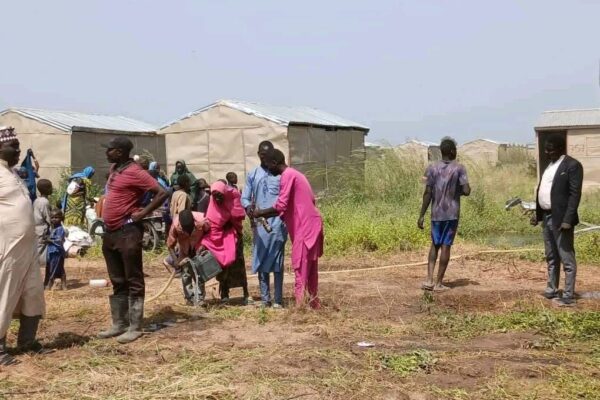
Despite the smooth resettlement, Haruna called on the government to strengthen its measures towards improving the education of their children, emphasizing that education remains key to rebuilding their future and sustaining peace in the community.
According to UNICEF, over 700 schools have been destroyed in Borno State since the insurgency began, leaving more than 600,000 children out of school. In the wider northeast region, at least 802 schools remain closed and 497 classrooms have been completely destroyed due to conflict.
Previous Resettlement and Security Concerns
This latest resettlement follows a similar effort in July 2025, when the Borno State Government resettled over 3,000 internally displaced persons into 500 newly constructed mass housing units in Dara Jamal Community, also in Bama LGA.
Under the RRR programme launched by Governor Babagana Umara Zulum in 2020, the state government has so far constructed over 12,000 housing units and facilitated the return of more than 200,000 displaced persons across various LGAs, including Bama, Gwoza, Kukawa, and Ngala (IOM Nigeria DTM Report, March 2025).
However, just two months after the earlier resettlement in Dara Jamal, suspected Boko Haram insurgents attacked the community, killing over 50 civilians, destroying more than 28 houses, and displacing about 108 households. The attack disrupted essential services such as education, health, and water supply, forcing many residents to seek refuge in nearby host communities.
While the Borno State Government continues to deploy security forces to resettled areas, reports by the United Nations Development Programme (UNDP) indicate that around 30 percent of return communities still face sporadic security threats or restricted access, particularly in border LGAs like Bama and Kukawa.
Rukaiya Ahmed Alibe


